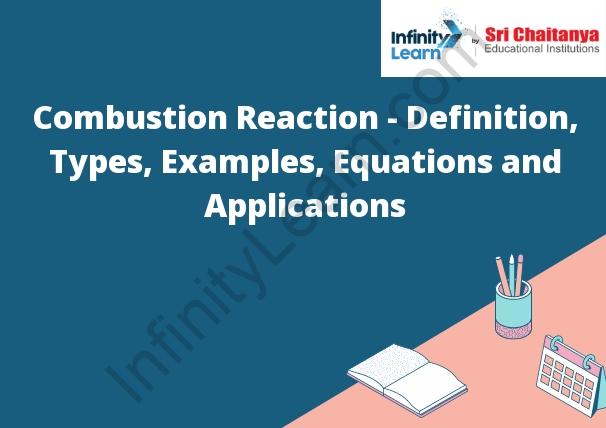Table of Contents
What is a Combustion Reaction?
A combustion reaction is a type of chemical reaction in which a fuel such as coal, oil, natural gas, or wood is combined with oxygen from the air to produce heat and light. The heat produced by a combustion reaction is used to generate electricity in power plants, to heat homes and businesses, and to cook food.

Examples of Combustion Reactions
When a substance undergoes combustion, it reacts with oxygen to produce heat, light, water vapor, and carbon dioxide. The following are examples of combustion reactions:
Sugar + oxygen → carbon dioxide + water
Butane + oxygen → carbon dioxide + water
ethanol + oxygen → carbon dioxide + water
Types of Combustion Reactions
There are four types of combustion reactions: complete, incomplete, flash, and detonation.
- Complete combustion occurs when all of the fuel burned.
- Incomplete combustion occurs when not all of the fuel burned. This leaves behind partially oxidized fuel that can create harmful pollutants.
- Flash combustion is a very fast reaction that can cause a fire to spread quickly.
- Detonation combustion is the most dangerous type of combustion. It occurs when the fuel and oxidizer mix together and ignite very quickly, causing a large explosion.
Examples of Combustion Reactions
Combustion reactions are chemical reactions that involve the burning of a fuel. The most common example of a combustion reaction is the burning of gasoline in an engine. In a combustion reaction, the fuel reacts with oxygen from the air to produce heat, light, and carbon dioxide.
Why is a Combustion Reaction an Oxidation Reaction?
A combustion reaction is an oxidation reaction because it involves the transfer of electrons from the fuel to oxygen. In a combustion reaction, a fuel molecule (such as methane) reacts with oxygen to produce carbon dioxide and water. The electrons that are transferred in the reaction are used to form the carbon dioxide and water molecules.
Combustion Equations
The combustion of propane is a exothermic reaction that produces carbon dioxide and water vapor. The following equation is for the combustion of propane.
C 3 H 8 (g) + 5 O 2 (g) → 3 CO 2 (g) + 4 H 2 O (g)
In this equation, C 3 H 8 is the propane gas, O 2 is the oxygen gas, CO 2 is the carbon dioxide gas, and H 2 O is the water vapor.
How is Combustion different from Burning?
Burning is the process of oxidizing a substance with heat. Combustion is the process of oxidizing a substance with heat and a spark.
Harmful Effects of Combustion
The harmful effects of combustion result from the release of pollutants into the air. These pollutants can cause respiratory problems, heart disease, and numerous other health issues. They can also lead to environmental problems, such as acid rain and global warming.








